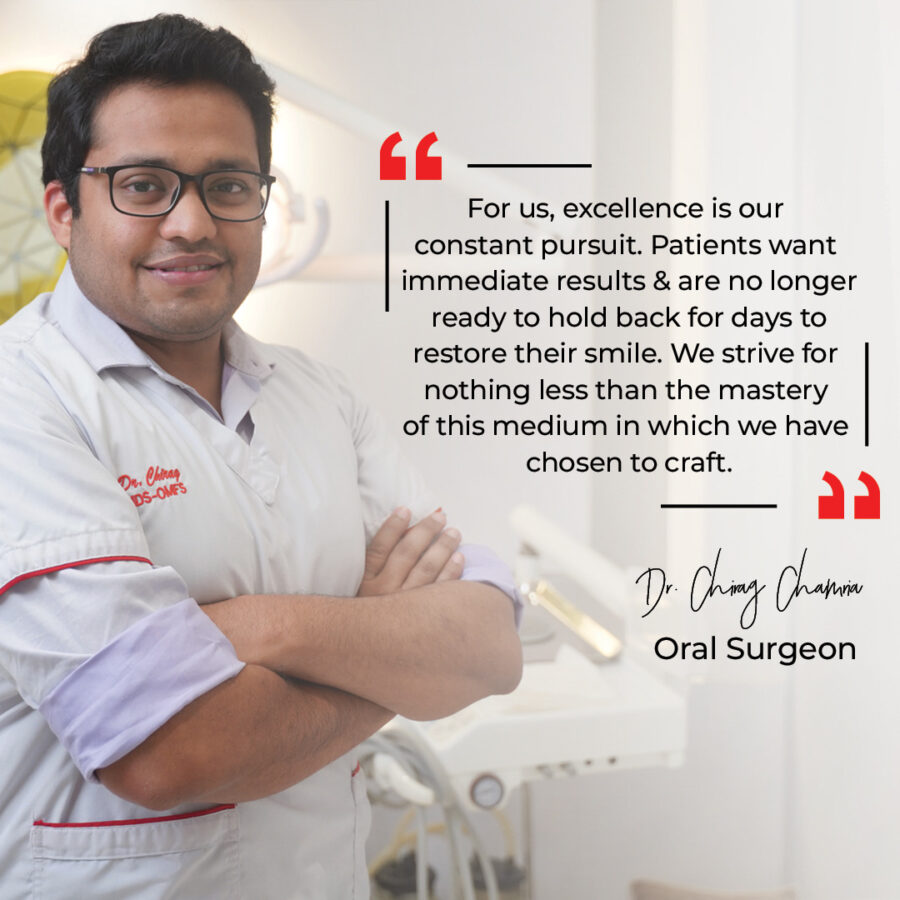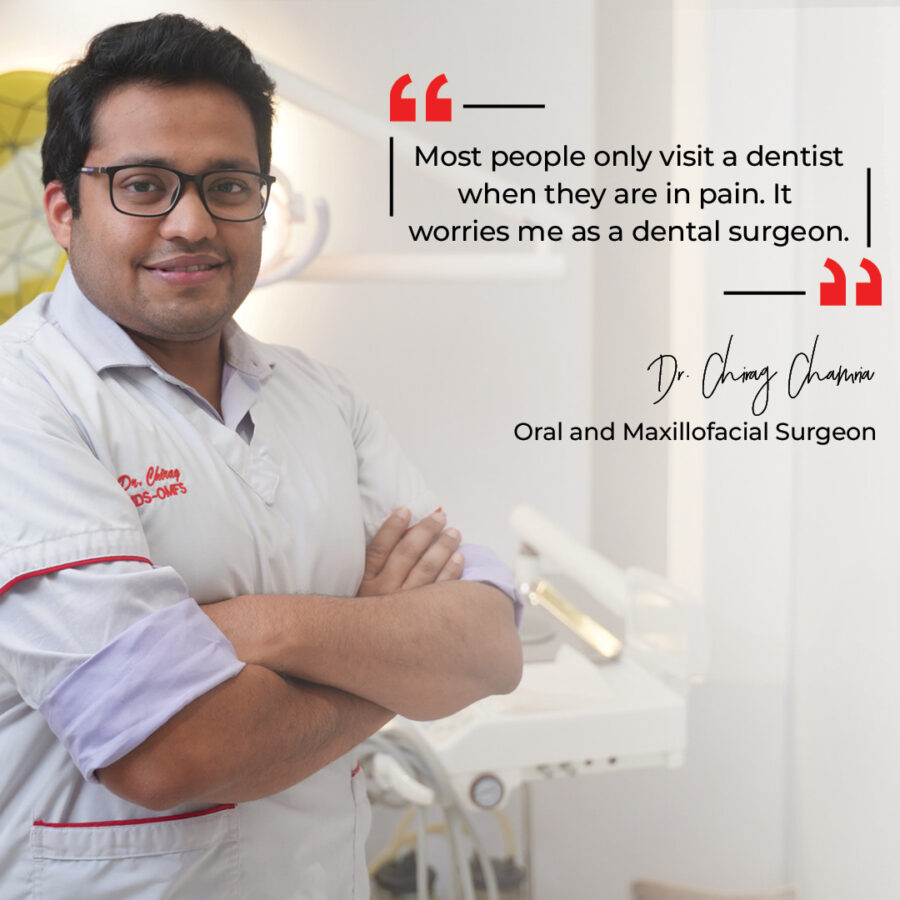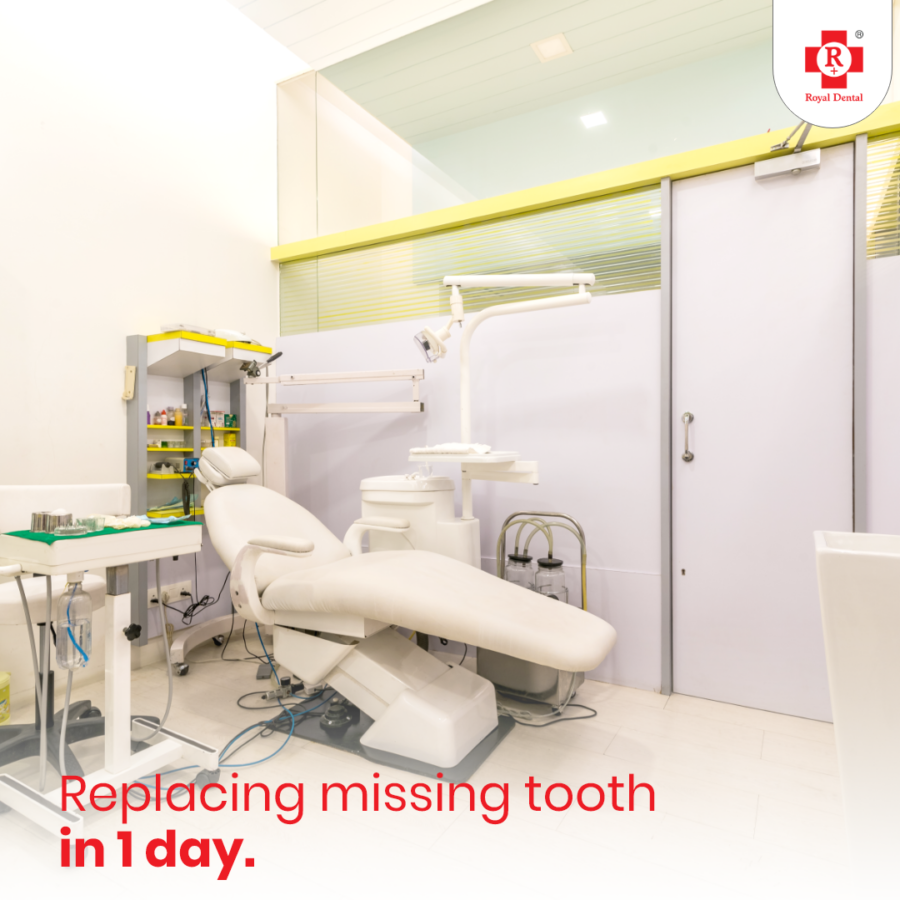Are you considering owning a dental practice but hesitant because you’re not a dentist? The truth is, there’s more to owning a dental practice than simply being a dentist. While a background in dentistry can certainly be helpful, it’s not always necessary. As a highly skilled assistant with experience in the field of digital marketing. I’ve seen firsthand the ins and outs of owning and operating a successful dental practice. In this article, we’ll explore the truth about owning a dental practice and answer the question of whether or not you need to be a dentist. From the legal requirements to the day-to-day operations. We’ll break down everything you need to know to make an informed decision about whether or not owning a dental practice is right for you. So, let’s dive in and discover the truth about owning a practice!
Yes, owning a dental practice typically requires a licensed dentist. In most countries, only licensed dentists are authorized to diagnose and treat dental problems, and they are legally responsible for the quality of care provided at their dental practice. Therefore, to own a practice, a dentist must be involved in the practice’s day-to-day operations, either as the sole owner or as part of a partnership. However, there are some exceptions where a non-dentist may own a dental practice, such as in some corporate or management structures. Still, in these cases, the licensed dentist is typically responsible for providing dental care to the patients and supervising the non-dental staff.
Legal requirements for owning a Dental Practice
- Dental degree: To own a dental practice in India, the owner must hold a degree in dentistry from a recognized institution.
- Dental Council of India registration: The owner of a dental practice in India must be registered with the Dental Council of India (DCI) or State Dental Council.
- Business registration: The dental practice must be registered as a legal entity, such as a sole proprietorship, partnership, or private limited company, as per the Indian laws.
- GST Registration: The dental practice must register for Goods and Services Tax (GST) with the appropriate authority.
- Professional indemnity insurance: It is recommended that dental practitioners carry professional indemnity insurance to protect themselves and their patients in case of any adverse events.
- Compliance with clinical waste management: The practice must comply with the regulations and standards for the disposal of clinical waste.
- Compliance with safety standards: The dental practice must comply with safety standards related to sterilization, infection control, and other safety measures.
Do you need to be a Dentist to own a dental practice?
No, you do not need to be a dentist to own a dental practice in some countries or states, but it depends on the specific regulations and laws of the location where the practice is located. In some places, a non-dentist can own a dental practice as long as there is a licensed dentist who is responsible for the clinical aspects of the practice.

In some cases, non-dentist owners of dental practices may include investors or business partners who are not trained in dentistry but provide financial or administrative support to the practice. However, the laws and regulations governing the ownership of practices vary by jurisdiction, so it is important to research and comply with the applicable requirements to avoid potential legal issues. It is always best to consult with legal and accounting professionals to ensure that all regulations and laws are followed.
Non-Dentist ownership options
Non-dentists may have various ownership options in dental practices, depending on the laws and regulations of the country or state where the practice is located. Some of the ownership options may include:
- Partnership: A non-dentist can partner with a licensed dentist to jointly own and operate a dental practice. The licensed dentist would be responsible for the clinical aspects of the practice, while the non-dentist partner would handle administrative and financial tasks.
- Management company: A non-dentist can establish a management company that provides administrative services to a dental practice. The management company may be responsible for tasks such as billing, payroll, and marketing, while the licensed dentist is responsible for the clinical aspects of the practice.
- Franchise: Some dental practices may offer franchise opportunities, which allow non-dentist investors to own and operate a dental practice using the established brand and business model of the franchise.
- Investor: A non-dentist can invest in a dental practice as a silent partner, providing financial support while leaving the clinical and administrative aspects of the practice to the licensed dentist.
Pros and Cons of owning a dental practice as a non-dentist
Advantages of owning a practice as a non-dentist:
- Potential for financial returns: Dental practices can be lucrative businesses, and non-dentist owners may be able to earn significant returns on their investment.
- Minimal clinical responsibilities: Non-dentist owners typically do not have clinical responsibilities and can focus on administrative and financial tasks.
- Flexibility: Non-dentist owners may have the flexibility to work on their own schedule and can delegate tasks to other staff members.
- Diversification: Owning a dental practice as a non-dentist can provide a way to diversify one’s investment portfolio.

Disadvantages of owning a dental practice as a non-dentist:
- Regulatory and legal hurdles: Depending on the jurisdiction, non-dentist ownership of a dental practice may be subject to legal and regulatory restrictions.
- Lack of dental knowledge: Non-dentist owners may lack the technical knowledge of dentistry, which could make it difficult to make informed decisions about the clinical aspects of the practice.
- Dependency on the licensed dentist: A non-dentist owner must rely on the licensed dentist to provide quality clinical care to patients.
- Financial risks: Owning a dental practice can be a significant financial investment, and non-dentist owners may be exposed to financial risks if the practice does not perform as expected.
Day-to-day operations of a Dental practice
The day-to-day operations of a dental practice involve a range of tasks and responsibilities. Here are some common tasks involved in running a dental practice:
Patient intake: When a patient arrives at the dental practice, receptionists or administrative staff greet them, confirm their appointment, and gather information such as medical history and insurance information.
Clinical care: Dental assistants or hygienists assist the dentist in performing clinical procedures such as cleanings, fillings, and extractions.
Patient education: Dentists and hygienists provide education to patients about oral hygiene, treatment options, and preventative care.


Billing and insurance: Administrative staff manage patient billing and insurance claims, including verifying insurance coverage, submitting claims, and collecting payments.
Inventory management: Office managers or dental assistants are responsible for managing inventory levels of dental supplies and ordering new supplies as needed.
Staff management: Office managers oversee the day-to-day management of staff, including hiring, training, and scheduling.
Marketing and business development: Practice owners or managers are responsible for marketing the practice and developing new business, such as by establishing partnerships with other healthcare providers or offering new services.
Building a successful dental practice team
Hire the right people: Look for candidates who have the necessary technical skills, but also possess the right attitude, work ethic, and communication skills.
Provide training and education: Invest in ongoing training and education for your team members to keep them up-to-date on the latest dental techniques and best practices.
Foster a positive work environment: Encourage teamwork and collaboration, recognize and reward team members for their accomplishments, and foster an open and supportive work culture.
Clearly define roles and responsibilities: Clearly define each team member’s roles and responsibilities to avoid confusion and ensure that everyone is working together towards the same goals.
Building a successful dental practice team is essential to providing high-quality patient care and achieving business success.
Communicate effectively: Encourage open and honest communication among team members. And establish regular team meetings to discuss issues and share ideas.
Empower team members: Give team members the autonomy and resources they need to succeed. And encourage them to take ownership of their work and contribute to the success of the practice.
Provide feedback and support: Regularly provide feedback and support to team members. Including constructive criticism and opportunities for growth and development.
Invest in technology and infrastructure: Provide the team with the necessary tools, equipment. And technology to perform their job effectively and efficiently.
Marketing strategies for Dental Practices
Develop a website: A well-designed website that includes information about your services, staff. And patient reviews can attract new patients and improve your practice’s visibility in search engine results.
Leverage social media: Use social media platforms, such as Facebook and Instagram. To engage with patients, share helpful oral health tips, and promote your practice.
Optimise for search engines: Optimize your website and online presence for search engines by incorporating relevant keywords, meta descriptions, and backlinks.
Focus on patient reviews: Encourage patients to leave positive reviews on Google and other online review sites. As this can improve your search engine rankings and attract new patients.
Offer promotions and discounts: Offer promotions and discounts to attract new patients and retain existing ones.
Sponsor local events and organizations: Sponsor local events and organizations to increase brand awareness and demonstrate your commitment to the community.
Develop targeted advertising campaigns: Develop targeted advertising campaigns on social media or search engines to reach potential patients in your local area.
Utilise patient referrals: Encourage current patients to refer their friends and family to your practice. And offer incentives for successful referrals.
Financial considerations for owning a dental practice
Initial Investment: The initial investment for starting a dental practice can be substantial. Including expenses such as equipment, furniture, leasehold improvements, marketing, and staffing costs.
Operational Costs: Ongoing operational costs of a dental practice can include salaries and benefits for staff, rent, utilities, office supplies, dental supplies, and marketing expenses.
Revenue Streams: Dental practices generate revenue from various sources, including insurance reimbursements, patient co-payments, and out-of-pocket expenses. It’s important to have a clear understanding of your practice’s revenue streams and the costs associated with each.
Owning a dental practice involves significant financial considerations, including:
Cash Flow Management: Proper cash flow management is critical for the success of a dental practice. It’s important to have a solid financial plan in place, including budgeting. Forecasting, and monitoring expenses to ensure adequate cash flow to meet operating costs and make necessary investments.
Taxation: Practices are subject to various taxes, including income tax, employment tax, sales tax, and property tax. It’s important to work with a tax professional to ensure compliance and minimize tax liabilities.
Financing: Many dental practice owners rely on financing to cover startup costs, equipment purchases, and ongoing expenses. It’s important to carefully consider financing options and understand the associated interest rates and repayment terms.
Resources for non-dentist dental practice owners
Dental Practice Management Organisations: Dentist Practice Management Organisations (DPMOs) provide management and administrative services to dental practices, including marketing, staffing, accounting, and compliance support.
Dental Industry Associations: Dental industry associations. Such as the American Dental Association (ADA) and the National Association of Dental Laboratories (NADL). Offer educational resources, networking opportunities, and advocacy for dental professionals and business owners.
Business and Entrepreneurial Organizations: Business and entrepreneurial organizations. Such as the Small Business Administration (SBA) and SCORE, provide resources and support for small business owners. Including guidance on business planning, financing, and management.
Industry-Specific Conferences and Events: Attending industry-specific conferences and events. Such as the American Dental Association’s Annual Meeting. Can provide valuable networking opportunities, education, and exposure to new technologies and industry trends.
Professional Services Providers: Professional services providers. Such as attorneys, accountants, and financial advisors, can provide guidance and support for legal, financial, and regulatory compliance issues.
Conclusion
In conclusion, owning a dental practice can be a rewarding and lucrative venture. But it’s important to carefully consider all of the factors involved before making a decision. While a background in dentistry can certainly be helpful, it’s not always necessary to own a dental practice. Non-dentist owners have several options available, including partnering with a licensed dentist or investing in a practice. Regardless of your background or experience, it’s important to develop a solid business plan, build a strong team.
It is important to note that owning a practice requires not only dental expertise but also business acumen. A successful dental practice requires sound management, financial planning, and marketing skills, in addition to providing high-quality dental care. As such, many dentists pursue additional education or training in business or practice management to ensure their dental practice’s success.






